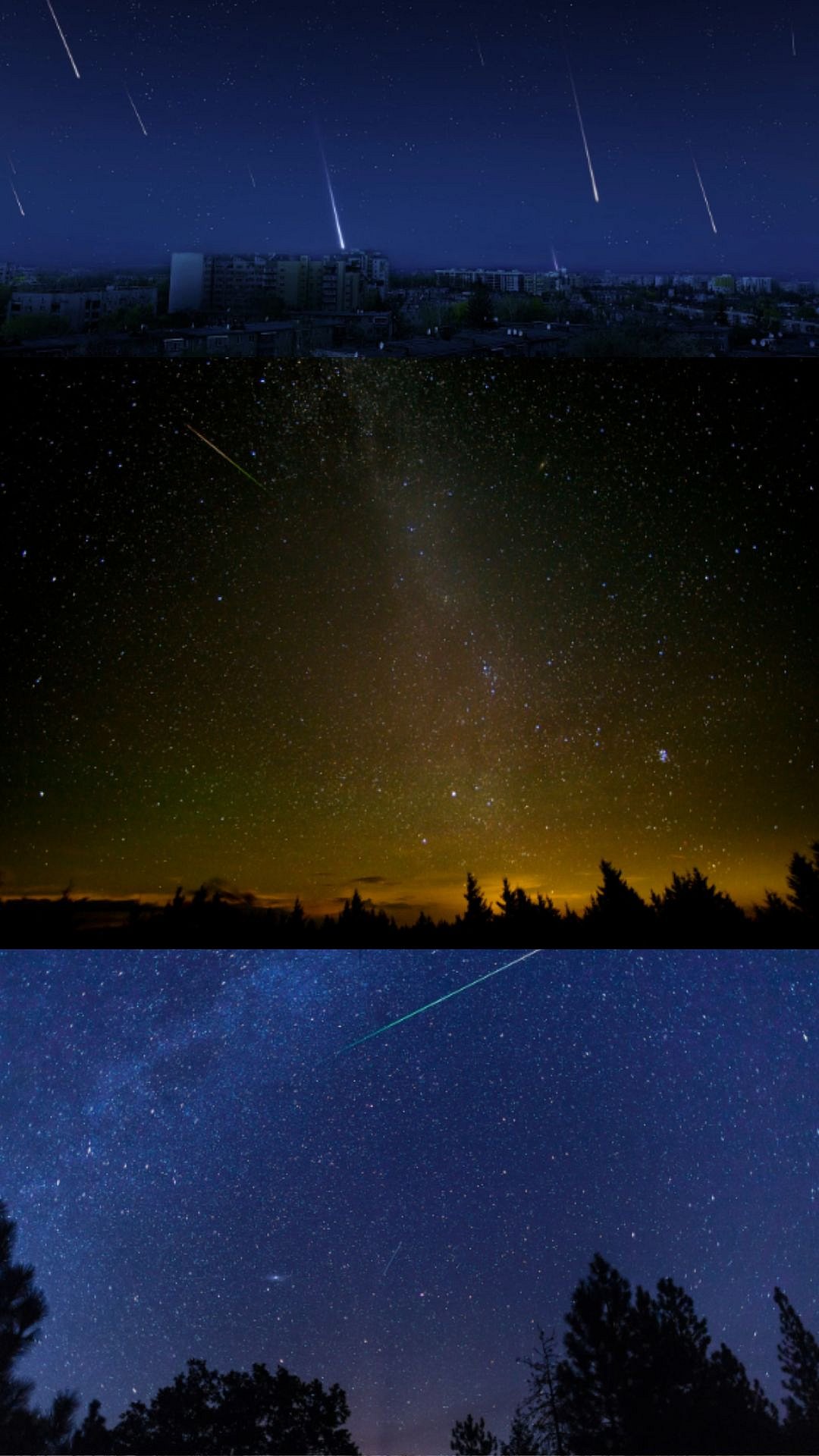Scientists have discovered an infrared aurora on Uranus for the first time that could help us find alien life. On Earth, aurorae are known as the northern lights, streaks of bright light across the sky. Uranus has its aurora; however, it is not visible due to the different atmosphere on that planet. The research was published in Nature Astronomy titled "Detection of the Infrared Aurora at Uranus with Keck-NIRSPEC."
Since 1986, scientists have known about ultraviolet aurorae on Uranus. Now, researchers have proved there are infrared aurorae on the distant planet, too. With this, researchers believe that the study could aid in explaining other planet's magnetic fields present in our solar system. Additionally, it will help us to determine whether distant planets support alien life.
How do aurorae happen?
Aurorae form, when charged particles enter a planet's atmosphere and are drawn down through its magnetic field lines. To better understand those on Uranus, researchers studied the planet's light. They looked for a specific charged particle that varies in brightness depending on how close it is to the planet and how dense the atmosphere is, allowing it to be used as a thermometer.
According to the researchers, the particle's density significantly increased, suggesting that an infrared aurora is ionising them. Scientists hope that this will help them understand other similar planets and which worlds might be favourable for alien life.
About research
"Including Uranus, the temperatures of all the gas giant planets are hundreds of degrees Kelvin/Celsius, which is above what models forecast if only warmed by the sun. This raises the question of how these planets are hotter than expected." According to Emma Thomas from the University of Leicester and lead author of the research, "One theory shows that the energetic aurora is the cause of this, which generates and pushes heat from the aurora down towards the magnetic equator."
"Most exoplanets found so far fall into the sub-Neptune category and are thus physically similar in size to Neptune and Uranus. This could mean similar magnetic and atmospheric properties. By studying Uranus's aurora, which directly connects to the planet's magnetic field and atmosphere, we can predict the atmospheres and magnetic fields of these worlds and their suitability for life.
"This report represents the culmination of 30 years of auroral study at Uranus, which has ultimately discovered the infrared aurora and initiated a new era of aurora investigations on the planet. Our findings will contribute to a better understanding of ice giant auroras and planetary magnetic fields in our solar system, at exoplanets and even our planet."
Researchers aim
The discoveries might also aid in explaining a geomagnetic reversal, a mystery event on Earth in which the north and south poles switch places. Scientists still know little about this unusual event and how it might affect satellites and communications. However, on Uranus, this procedure occurs every day. Researchers aim to use its aurorae to gather better information on the nature of the reversal and what would happen if Earth also experiences one.









